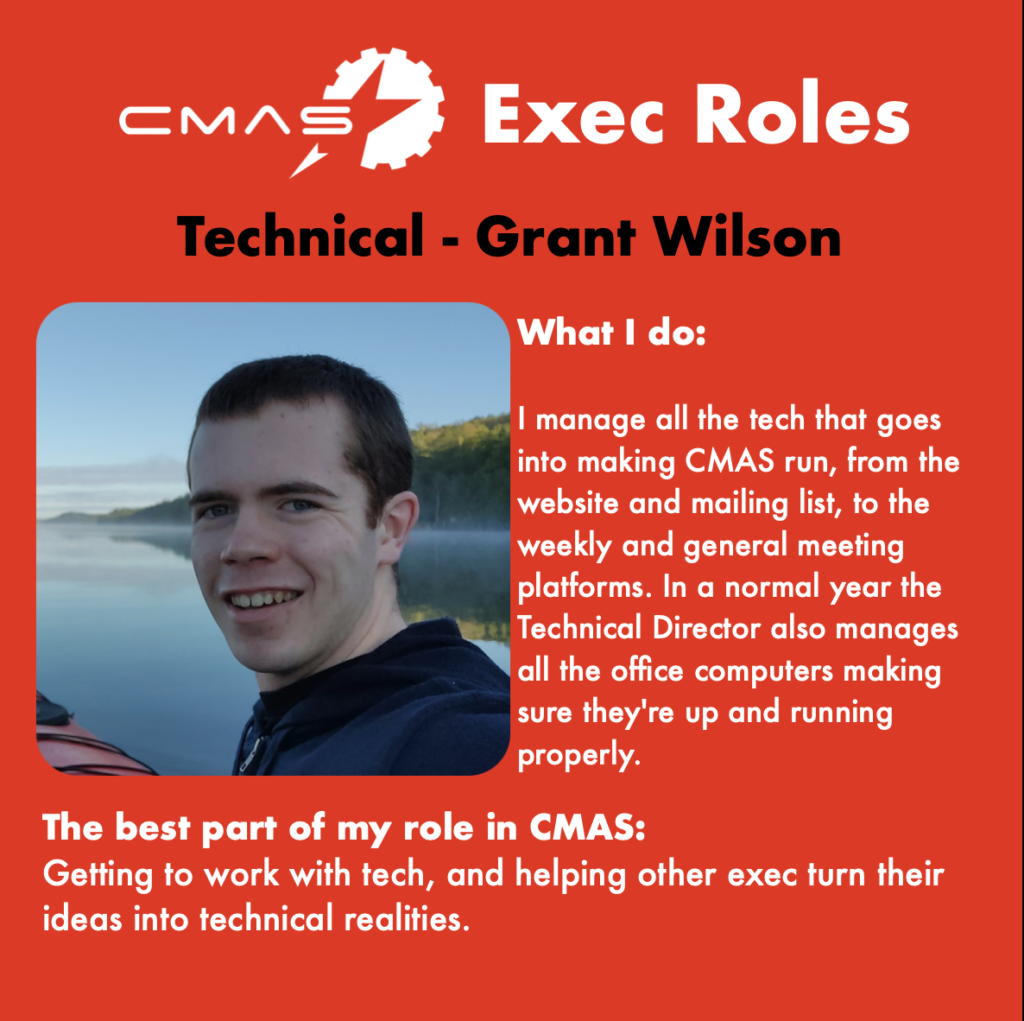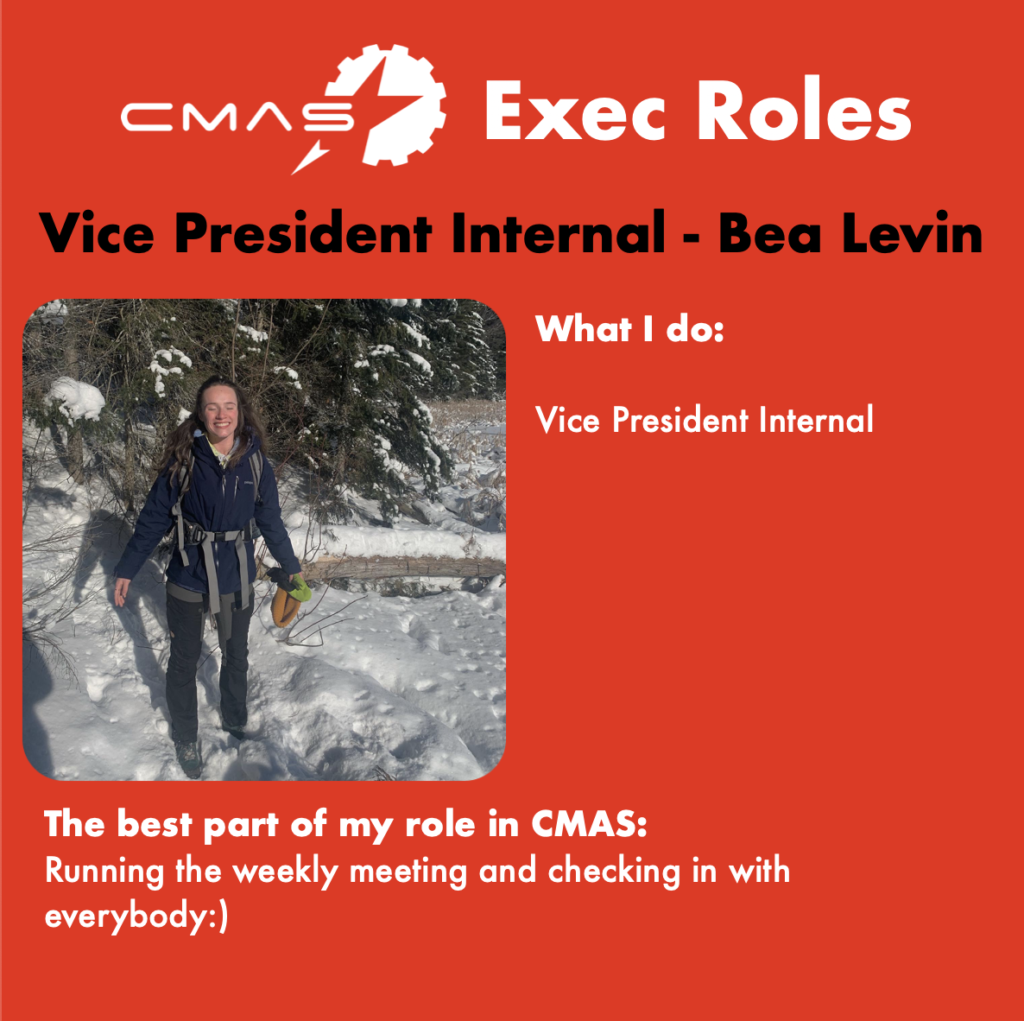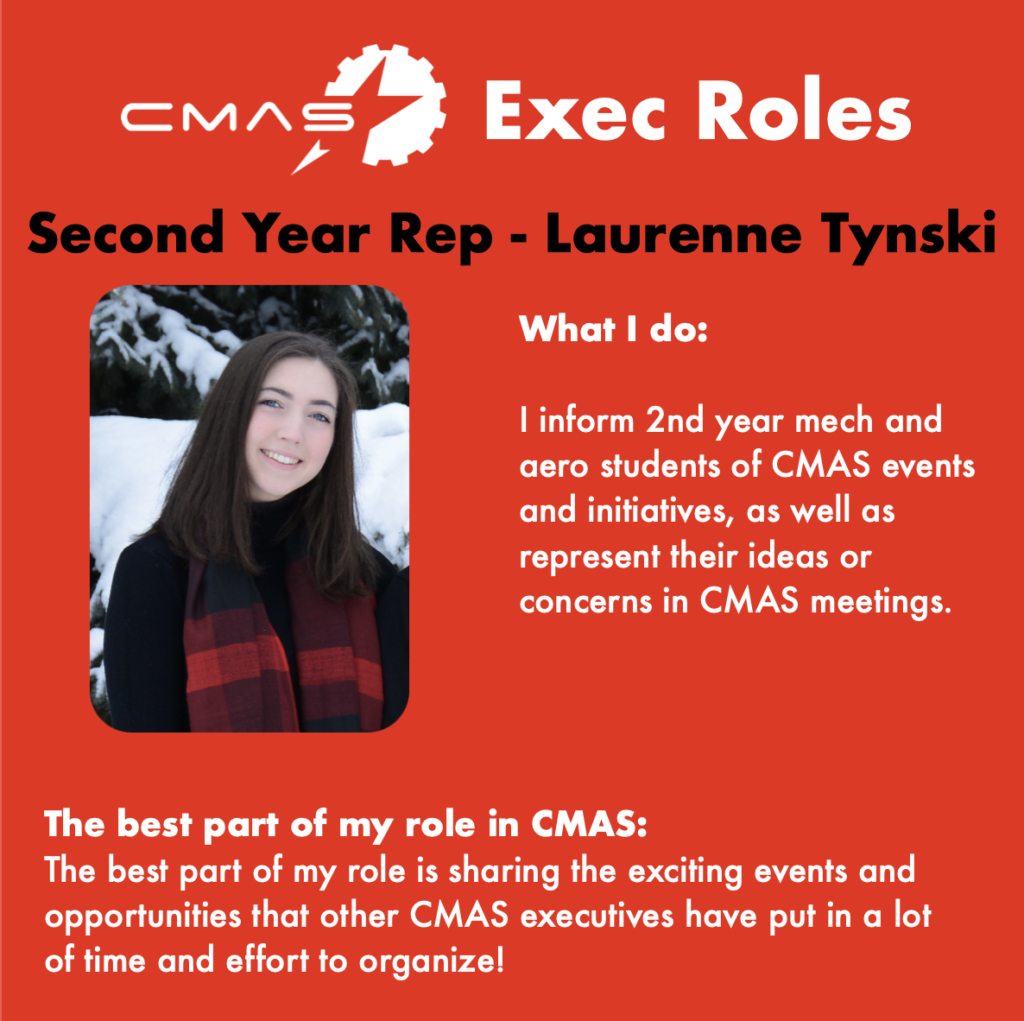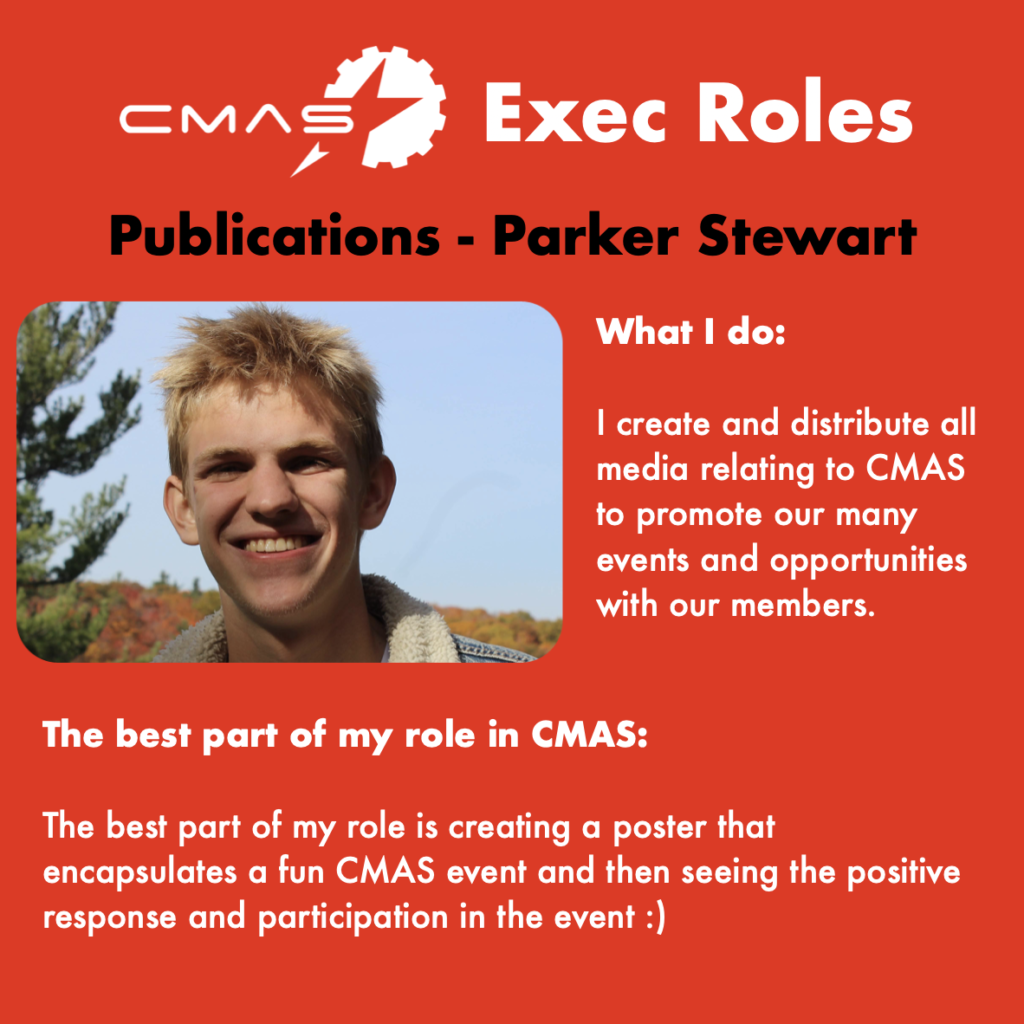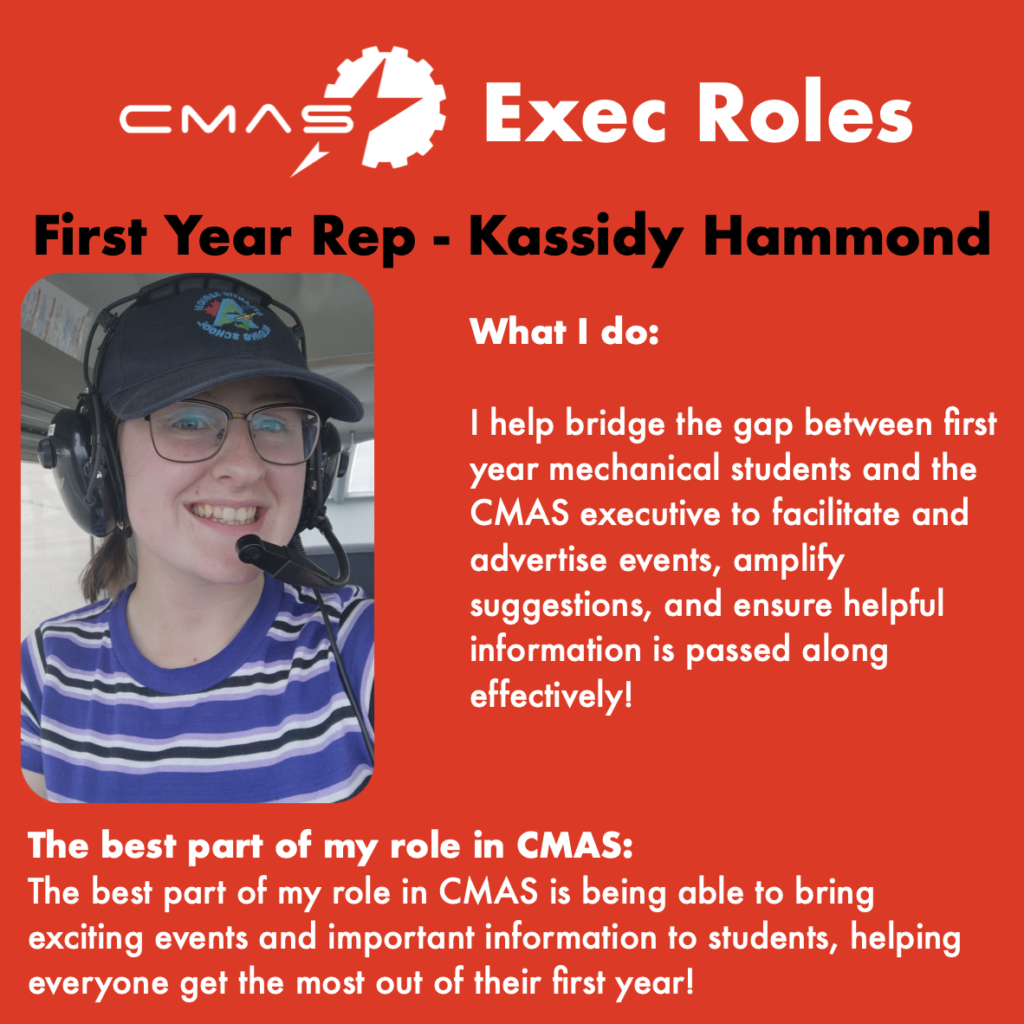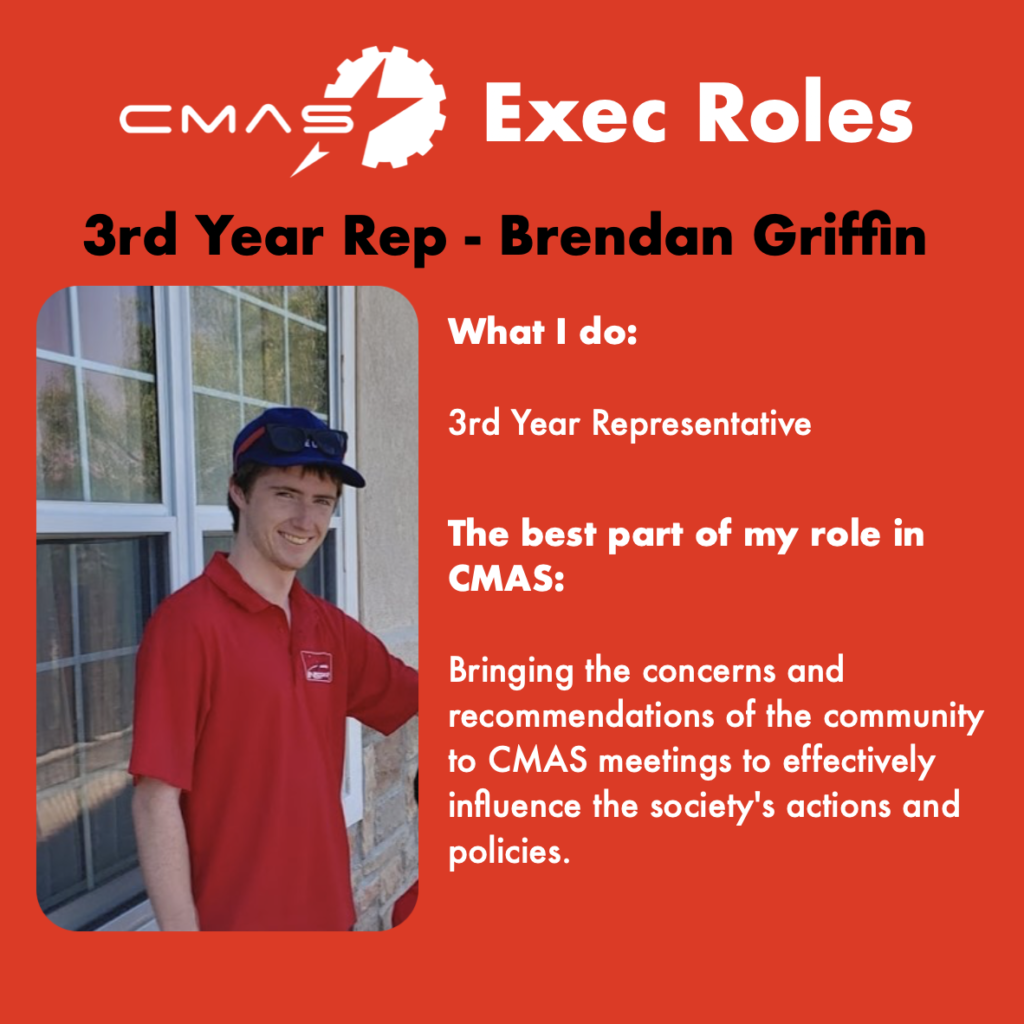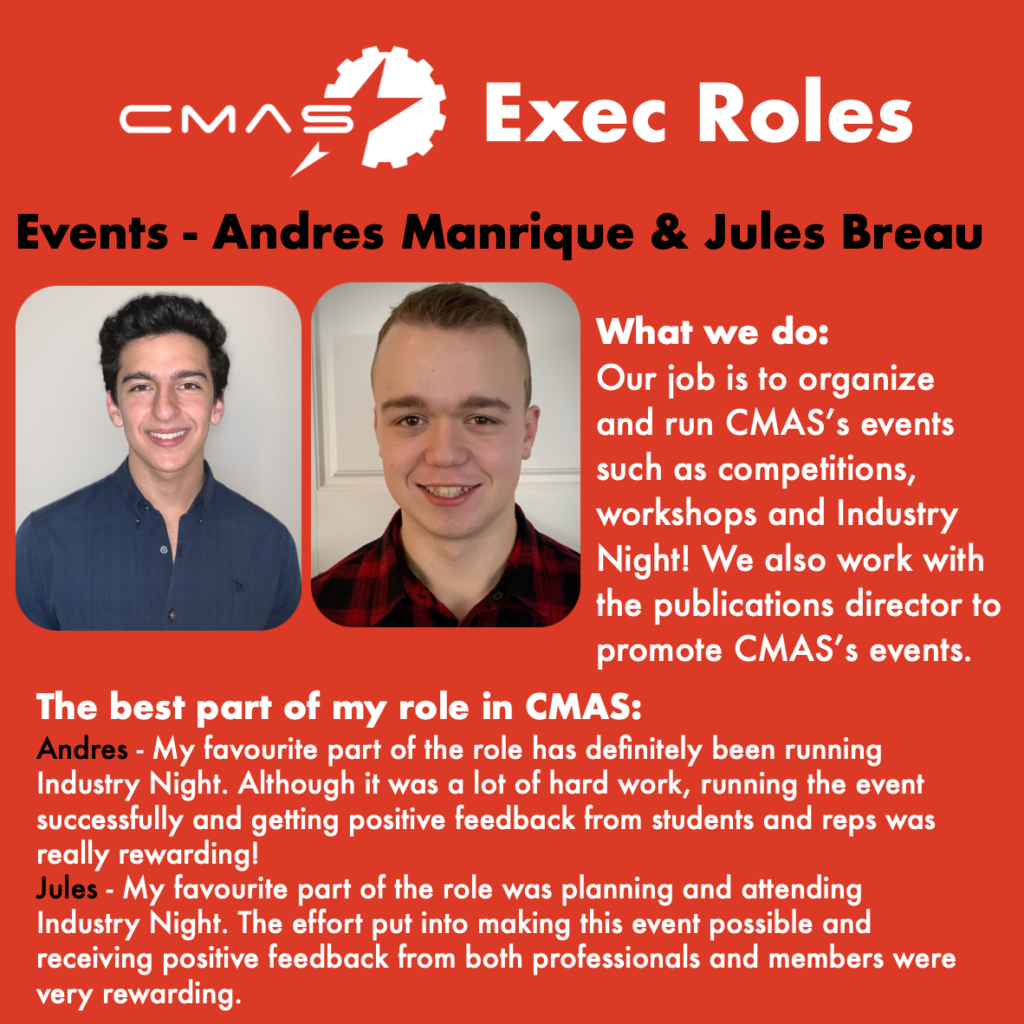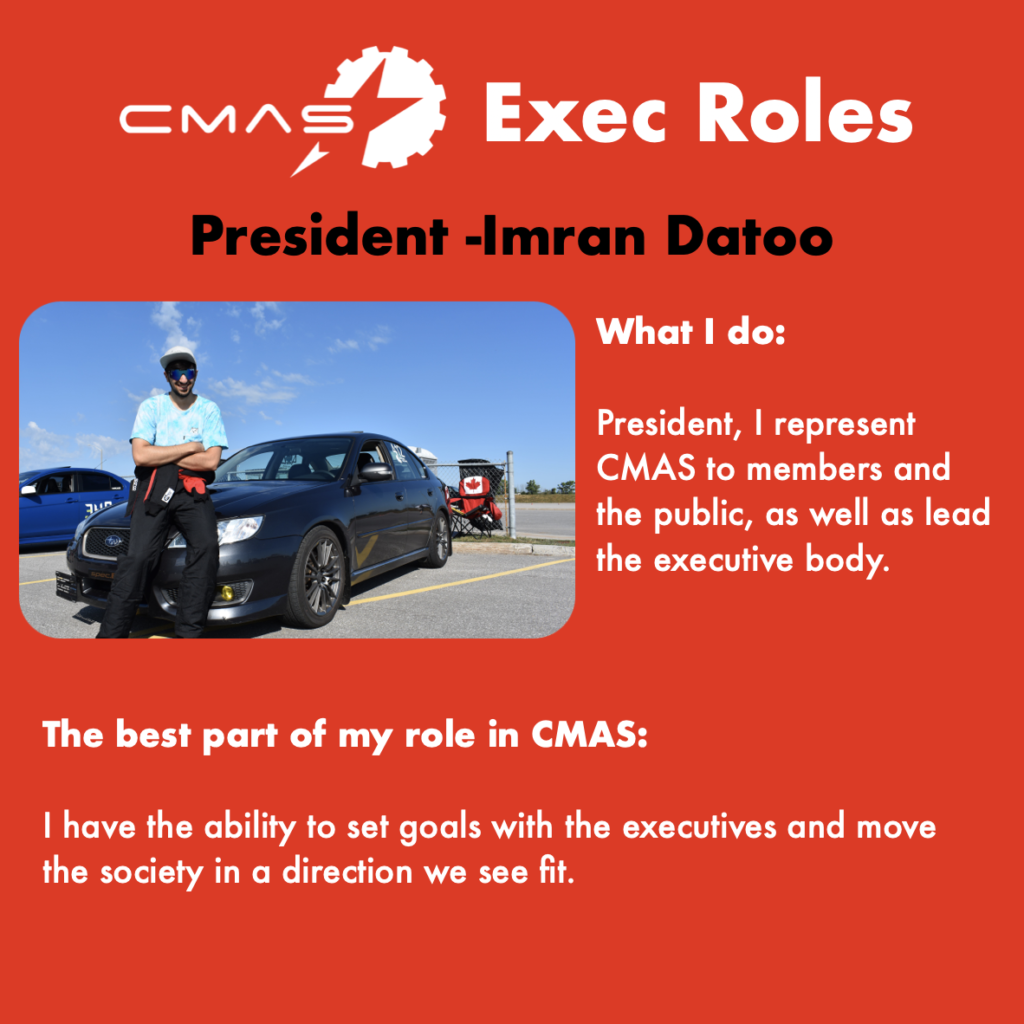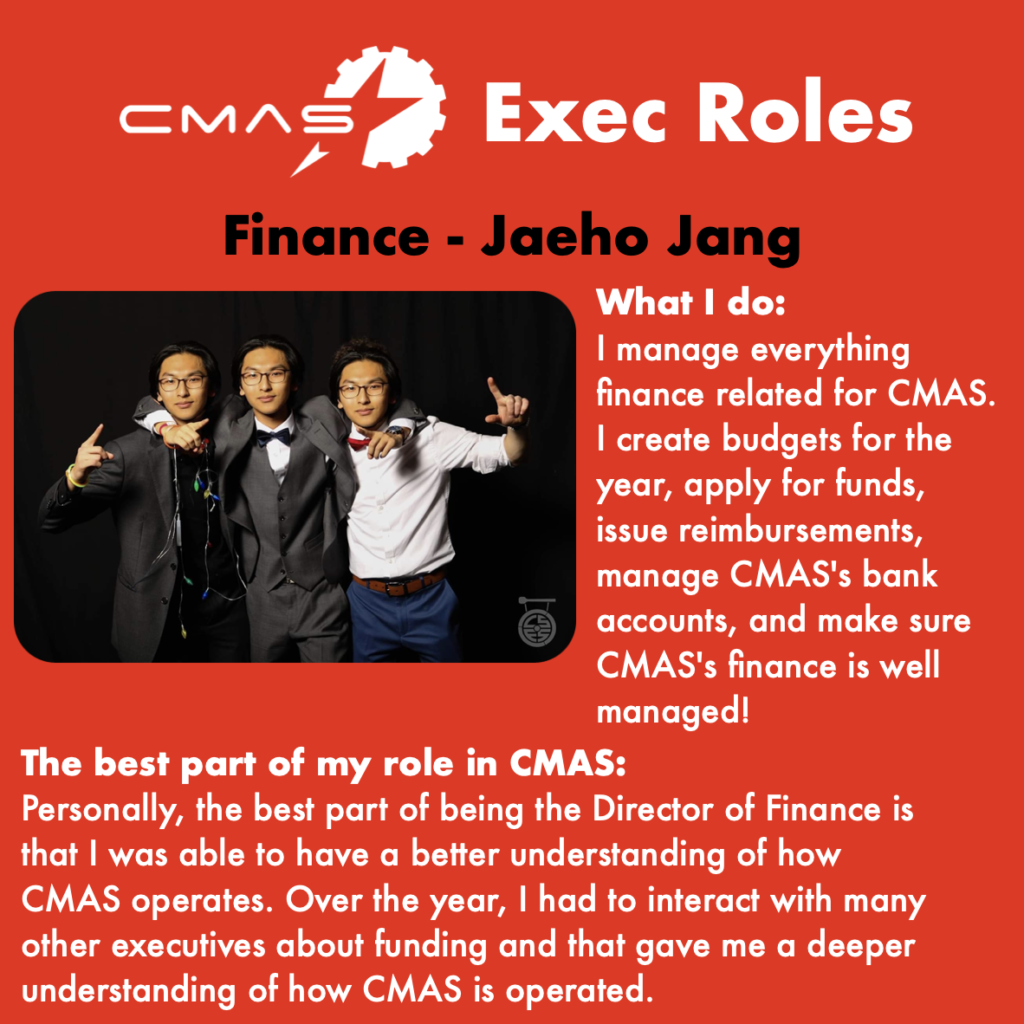CMAS Professor Award
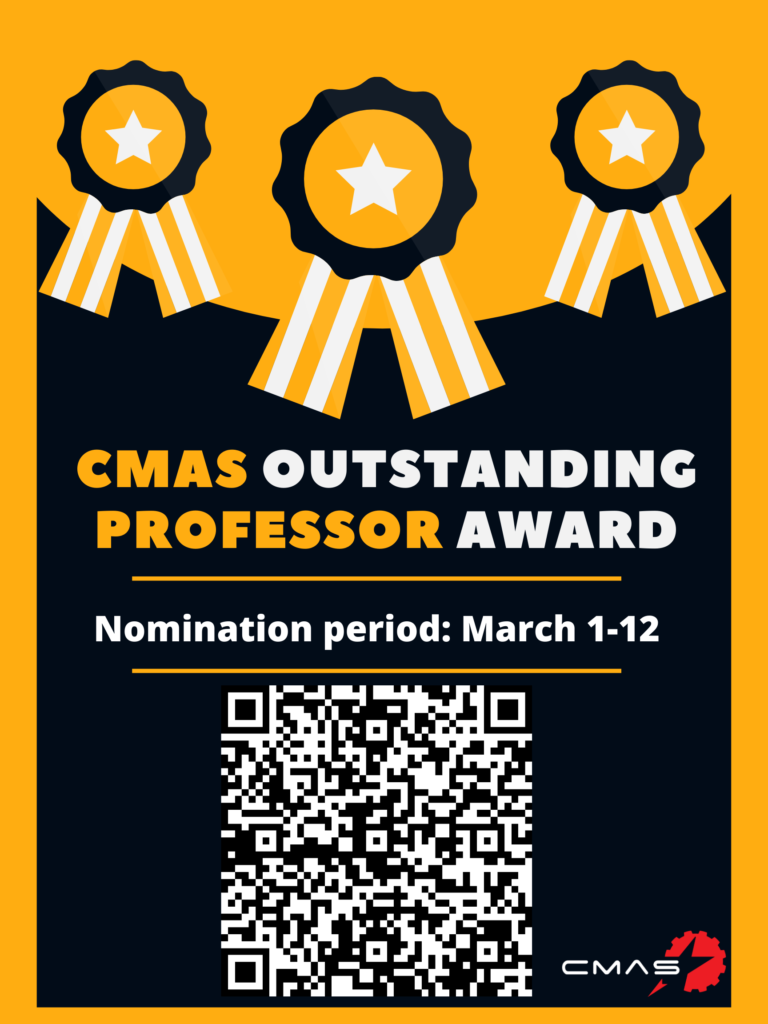
This has been a hard year for all of us, but we’re sure at least one of your professors has stood out. Maybe it was their compassion, the extra effort they put into classes, or that they always go the extra mile to make sure students understand the material. If you had an outstanding professor from the MAAE department this semester, let us know at https://forms.office.com/Pages/ResponsePage.aspx?id=lRjZagbeXki8UfzhJsyFMKr5CkYkCUhHqgNRwXltzRVURU5PODRTVE02OEJJRFdMRjFUV1FOR01aWi4u
or with the QR code!
AGM
Come to the CMAS annual general meeting for a townhall and to hear about all the exciting things going on at CMAS! 6:00pm on March 22.
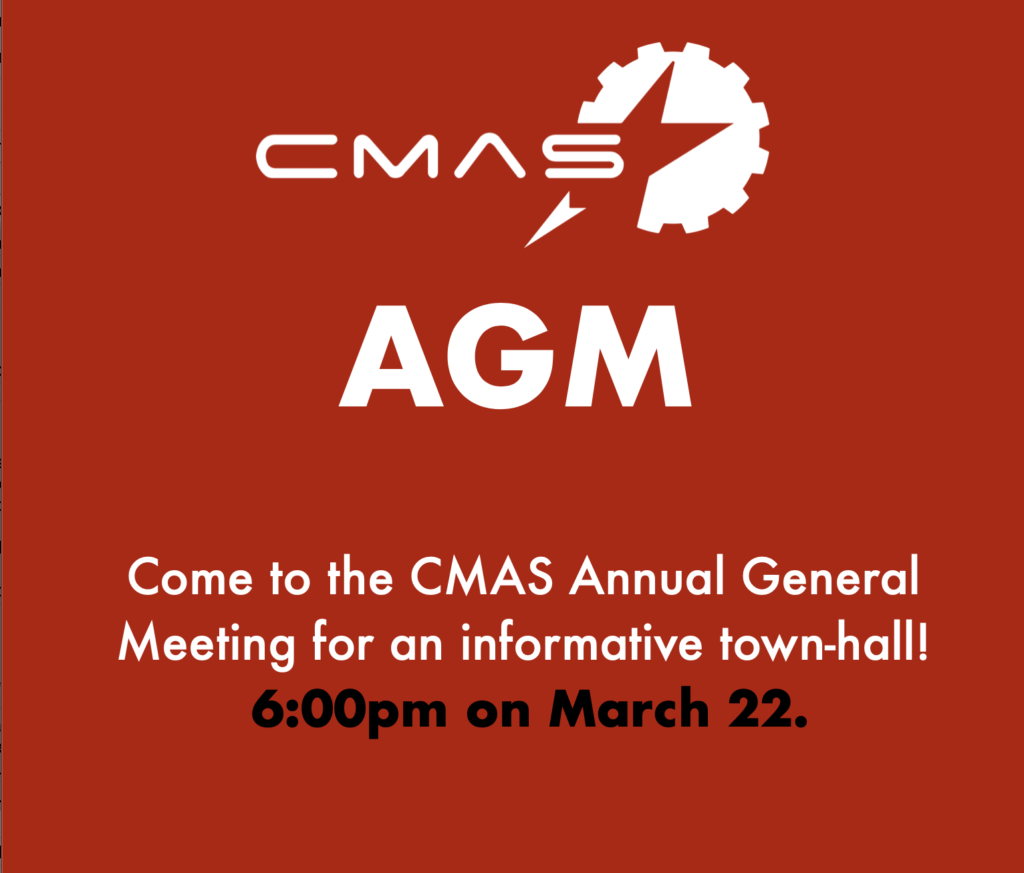
“Heaviest Black Hole Collision” Detected by Gravitational Waves Might Actually Be a Boson Star Merger
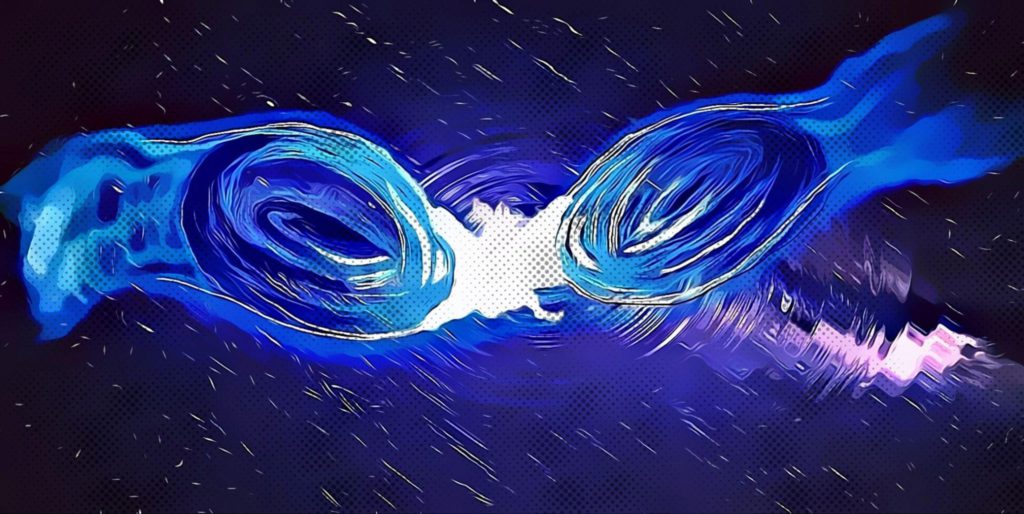
An international team of scientists led by the Galician Institute of High Energy Physics and the University of Aveiro, including an undergraduate from the Department of Physics at The Chinese University of Hong Kong (CUHK), has proposed the collision of two exotic compact objects known as boson stars as an alternative explanation for the origin of the gravitational wave signal GW190521. The hypothetical stars are among the simplest exotic compact objects proposed and constitute well founded dark matter candidates. Within this interpretation, the team is able to estimate the mass of a new particle constituent of these stars, an ultra-light boson with a mass billions of times smaller than that of the electron. Their analysis has been published in the journal Physical Review Letters on February 24, 2021.
Read more here: https://scitechdaily.com/heaviest-black-hole-collision-detected-by-gravitational-waves-might-actually-be-a-boson-star-merger/
Catapult Competition
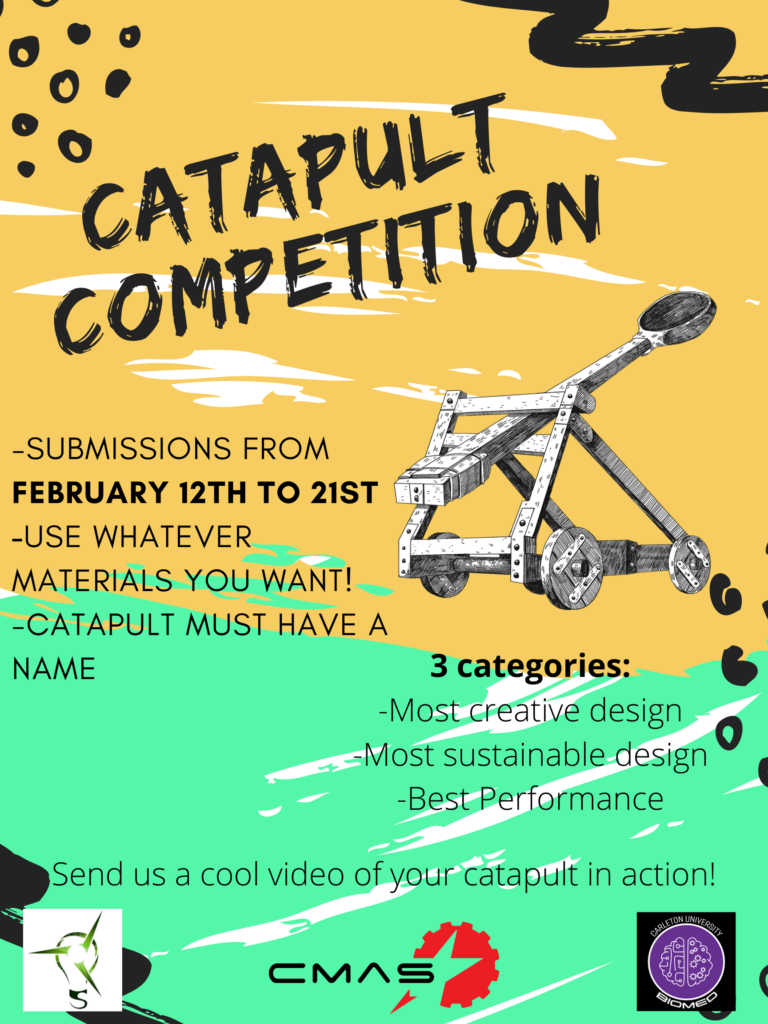
The catapult competition is back! This is your chance to exploit some elastic potential energy to build the best catapult C-eng has ever seen! Rules: -You can use whatever materials you want! From a random spoon you find in the kitchen to industrial grade PVC Piping. You can also make the catapult as big or as small as you’d like -Your Catapult MUST have a name -Catapults will be judged based on three categories, so design your catapult accordingly. The categories are: Most creative design, most sustainable design, and best overall performance. The submission period will be from February 12th to 21st. Send us a cool video of your catapult in action! You can launch a peanut, an apple or a cat, we don’t care as long as it’s cool and show’s your catapult working! (Video should be 1 minute max). The videos will be posted on our social media pages and then our members will vote for the winner based on three categories!
Submit your submissions here: https://forms.gle/1Qj9BXfdjAWFekEP9
Folksy Wisdom II
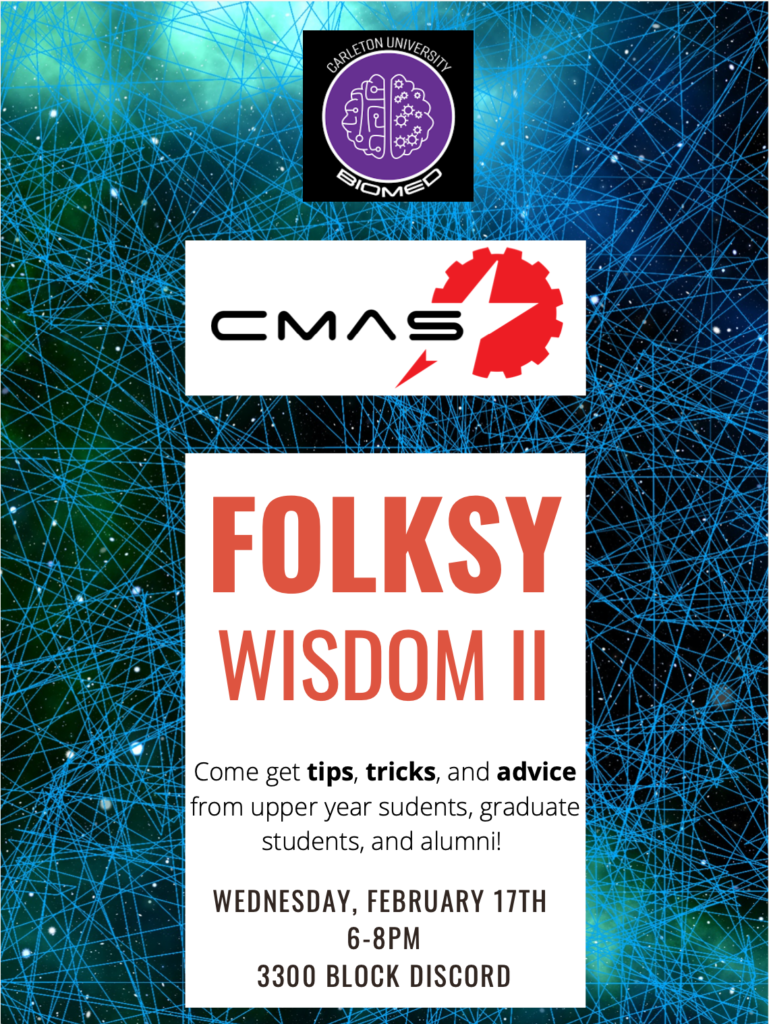
Folksy Wisdom is a chance for first and second year students to meet and talk to upper year students, graduate students, and alumni! Come get some helpful advice on how to make the most of your engineering experience. Not sure what classes to take or which stream to choose? Not sure how you want to schedule your classes for second year? Not sure what to expect of an in person school year since your first year was online? Wondering about how you can get involved in the C-eng community or have any questions about co-op? Come out to Folksy Wisdom and you’ll be sure to get some helpful advice! Whether you’re a Mech, Aero, or Biomed student, or even if you’re just curious about one of these programs, be sure to stop by Folksy!
New Metamaterial Features Mechanical Properties That Can Be Reprogrammed
By EPFL JANUARY 20, 2021
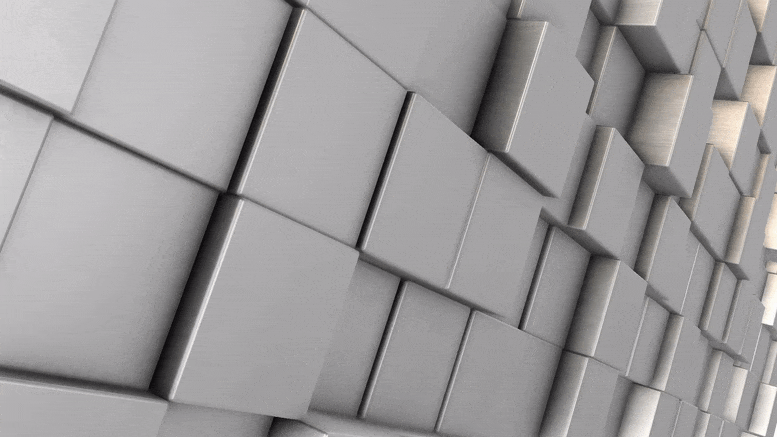
Over the past 20 years, scientists have been developing metamaterials, or materials that don’t occur naturally and whose mechanical properties result from their designed structure rather than their chemical composition. They allow researchers to create materials with specific properties and shapes. Metamaterials are still not widely used in everyday objects, but that could soon change. Tian Chen, a post-doc at two EPFL labs — the Flexible Structures Laboratory, headed by Pedro Reis, and the Geometric Computing Laboratory, headed by Mark Pauly — has taken metamaterials one step further, developing one whose mechanical properties can be reprogrammed after the material has been made. His research appears in Nature.
Read more here: https://scitechdaily.com/new-metamaterial-features-mechanical-properties-that-can-be-reprogrammed/
